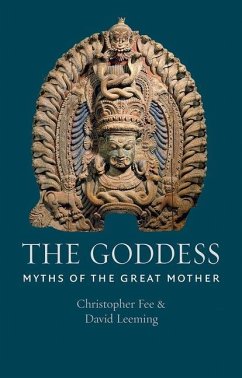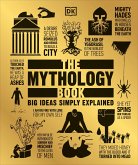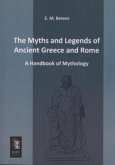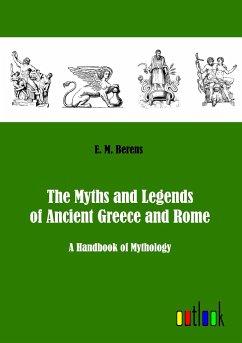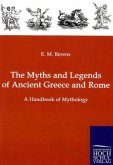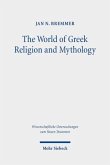For time out of mind an ancient goddess reigned supreme, and the fertile soil of the land beneath her feet bespoke her immeasurable fecundity. For long ages she ruled, and many were her worshippers. Then, 5,000 years ago or more, perhaps in the region where steppe meets the sea in the great central landmass where Asia and Europe conjoin, tribes began to shift and migrate, and their movements were to change the goddess forever. The faces of gods and goddesses always reect the souls of the peoples who worship them. The various transformations of the face of the goddess and the patterns we may discern in these transformations across thousands of miles and years, and across a wide spectrum of descendant cultures, have much to teach us about the development of relevant cultures and values. The emergence, dominance and subsequent subordination or erasure of powerful female gures of worship in this set of mythologies is the overarching theme of The Goddess, a theme that has never been more relevant than it is today.
Christopher Fee and David Leeming chart the development of traditional Western gender roles through an understanding of the transformation of concepts of the goddess from her earliest roots in India and Iran to her more familiar faces in Ireland and Iceland. Ultimately The Goddess has a contemporary message, but it uses myth in the most ancient of ways: to tell us the story of ourselves.
Hinweis: Dieser Artikel kann nur an eine deutsche Lieferadresse ausgeliefert werden.
Christopher Fee and David Leeming chart the development of traditional Western gender roles through an understanding of the transformation of concepts of the goddess from her earliest roots in India and Iran to her more familiar faces in Ireland and Iceland. Ultimately The Goddess has a contemporary message, but it uses myth in the most ancient of ways: to tell us the story of ourselves.
Hinweis: Dieser Artikel kann nur an eine deutsche Lieferadresse ausgeliefert werden.

